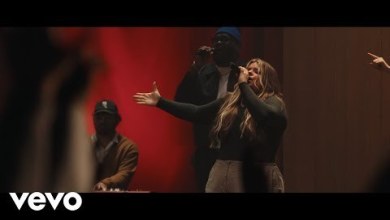Trending News|July 29, 2013 11:27 EDT
Honey Boo Boo, Duck Dynasty, Pawn Stars, Storage Wars & More Have Helped PBS Get Back on Track, See How Here
PBS programming used to be known for providing unique shows that only they provided on science, the arts, history and nature.
However since 1993, the viewership had been steadily declining with more and more cable channels emerging with similar programs like Discovery, History, Bravo and A&E. With each new show that was added, it would take a few more viewers away from PBS shows and programs.
"We were concerned that people would consider us irrelevant because we were no longer providing a service, or that we would no longer be perceived as providing a service that people couldn't get anywhere else," said Beth Hoppe, PBS programming chief. PBS' programs might have been better, but that might not matter.
But then came "reality stars" and in the last several years, many of the competing channels with PBS programs have switched their programming focus. They have learned that "reality stars" and shows like "Honey Boo Boo", "Duck Dynasty", "Pawn Stars" and all of the rest can be very profitable for their network.
So with the shift in programming, all of a sudden there is an interest in watching PBS programming again for all of the reasons that people used to tune in.
"It is now once again something that the viewer can't get anywhere else," said Hoppe.
In fact, since 2009, PBS viewership has been trending upward. They are back up to 2.1 million people watching their prime-time shows and their new show "Downtown Abbey" has of course been a key factor in bringing a new audience in and helping their numbers increase.
Hoppe claims however that they would never get into reality programming that was fake just for ratings like the Merman or Jersey Shore shows. But they are always trying to make their programming new and fresh and exciting for their viewers. She is also looking to make shows and documentaries that are more topical.
"She comes to her job with a filmmaker's sensibility," said John Bredar, vice president of national programming at Boston's WGBH, the largest supplier of PBS programming. "She understands things from the ground up as a producer, as opposed to someone who just commissions work. She's someone who has a visceral understanding of what the market is like."
Hoppe went on to say,"If we could look back in 10 years and say that was a real turning point for PBS in terms of its perception in popular culture and being cool and hip - the first of many new hits for PBS of that sort of magnitude - that would be awesome."
When is the last time that you tuned in to PBS to watch a show?












